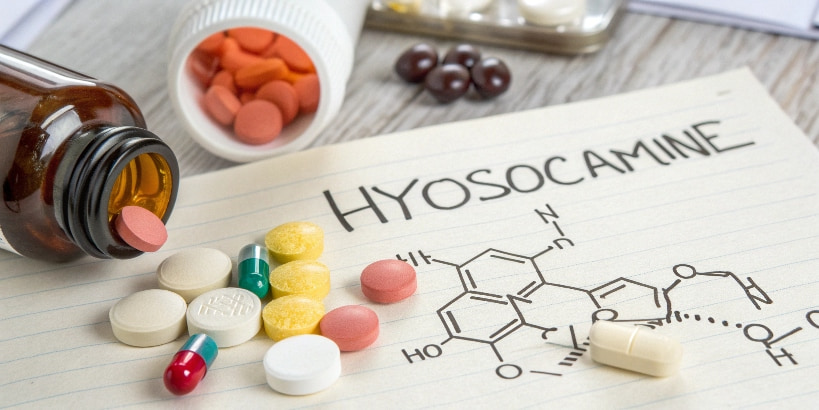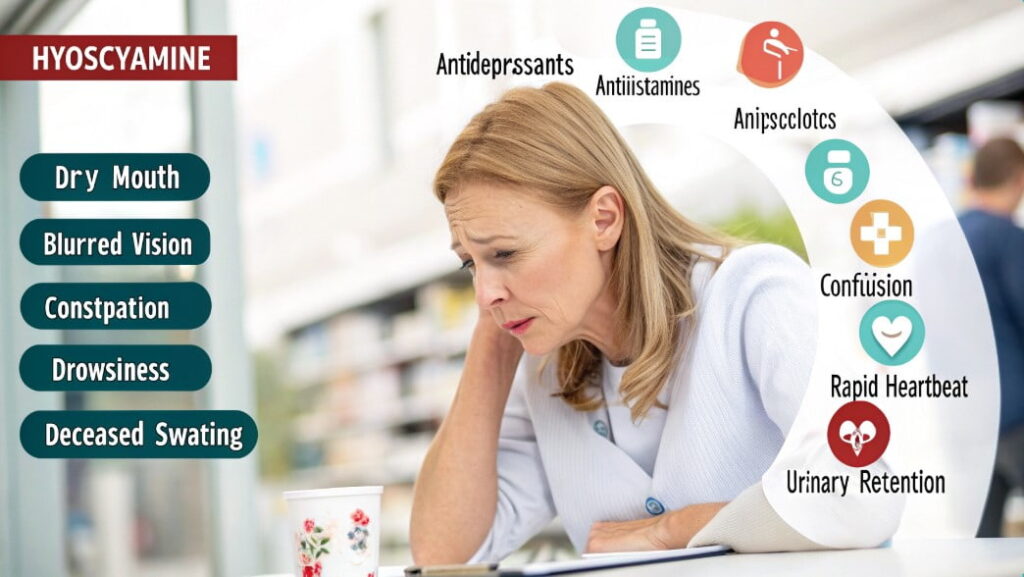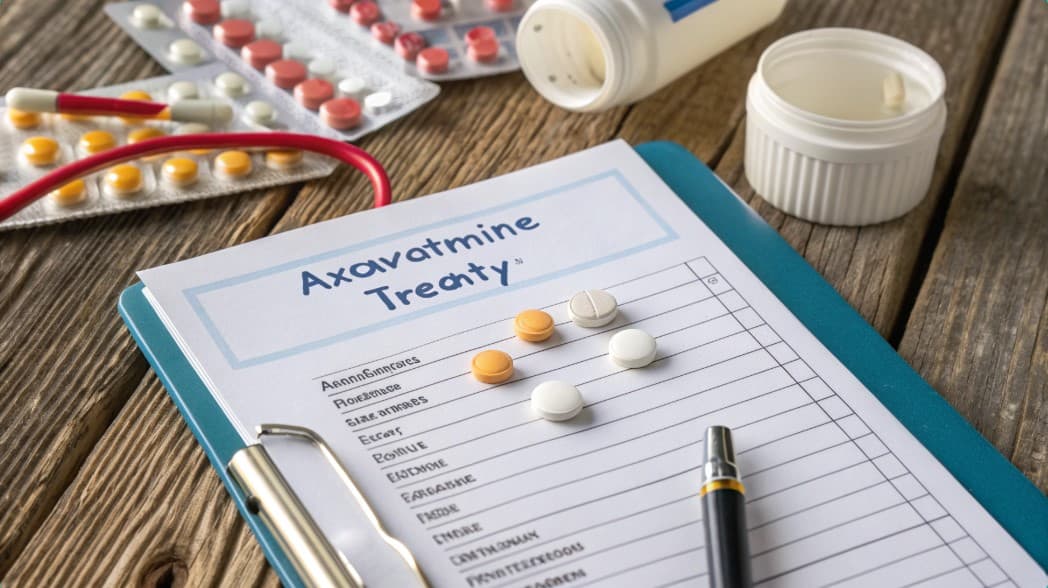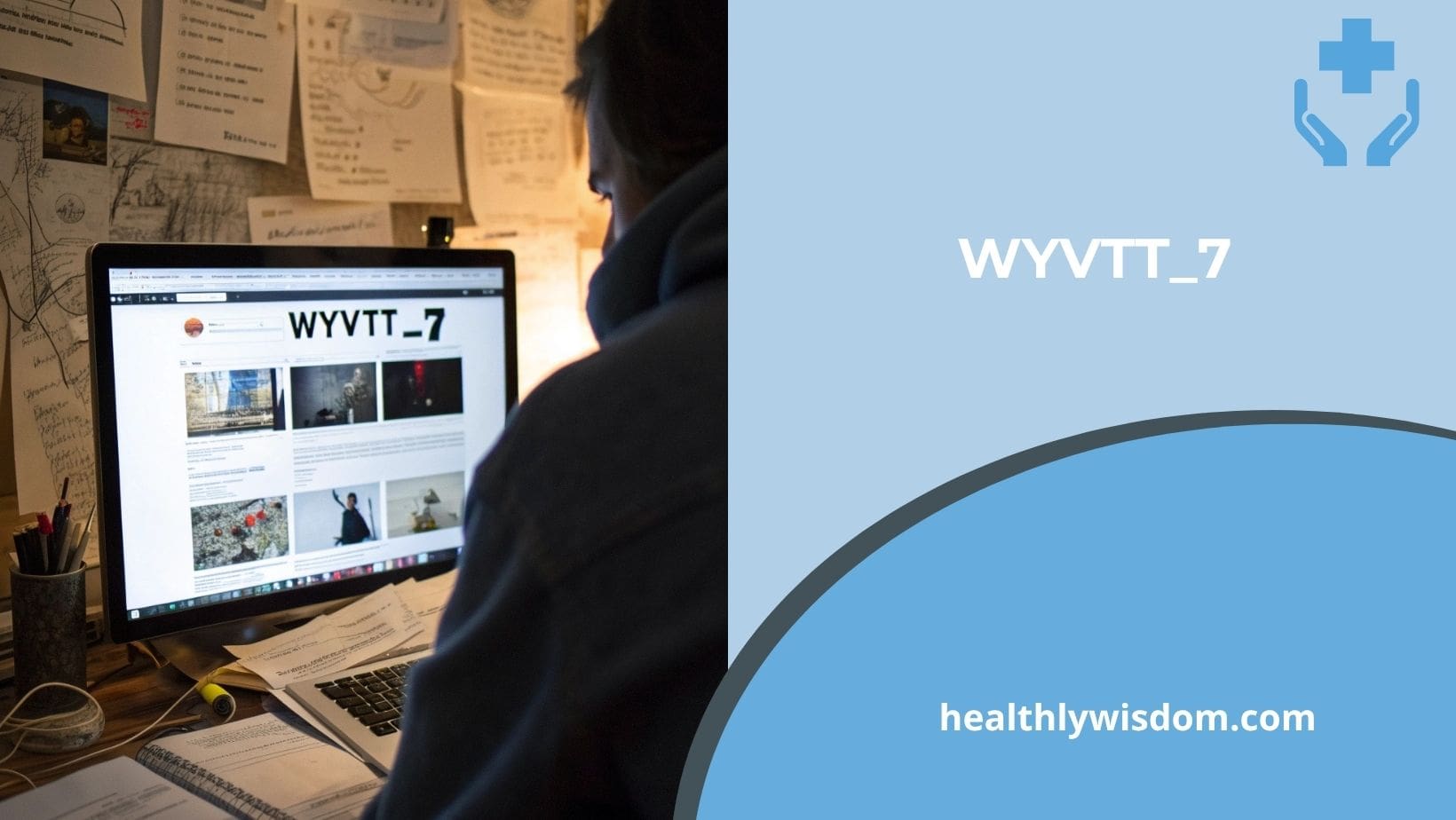Anxiety is a condition that many people deal with on a daily basis. While there are various treatments designed specifically for anxiety, not every medication is meant for that purpose. One such medication is hyoscyamine. This drug is commonly used for gastrointestinal (GI) issues and bladder spasms, but it is not typically used to treat anxiety directly.
However, there are instances where hyoscyamine can help reduce anxiety symptoms, especially when anxiety is triggered or worsened by physical issues like GI discomfort. Stay tuned with us, we will explore how hyoscyamine for anxiety might be helpful, its primary uses, side effects, and alternatives for anxiety management.
What Is Hyoscyamine?
To better understand how hyoscyamine might impact anxiety, it’s important to first look at what this medication does. Hyoscyamine is classified as an anticholinergic and antispasmodic drug. It works by blocking the effects of acetylcholine, a neurotransmitter that plays a key role in muscle movements and glandular secretions. By inhibiting acetylcholine, hyoscyamine can reduce muscle spasms, decrease secretions like saliva and sweat, and help manage certain digestive and urinary problems.

How Hyoscyamine Works in The Body?
Hyoscyamine works by blocking acetylcholine, leading to several important effects on the body:
- Relaxing Muscle Spasms: Hyoscyamine helps to relax smooth muscles in the gastrointestinal tract, bladder, and respiratory system, making it effective for treating issues like irritable bowel syndrome (IBS), bladder spasms, and other related conditions.
- Reducing Secretions: It lowers the production of saliva, stomach acid, and sweat, which is helpful for treating conditions like excessive salivation or peptic ulcers.
- Impacting the Nervous System: Although hyoscyamine mainly targets peripheral systems (muscles and glands), it can also influence the central nervous system to some extent, which may have an indirect effect on mood and anxiety.
Despite these effects, hyoscyamine is not directly used to treat anxiety. However, its ability to reduce physical symptoms, particularly those related to gastrointestinal issues, can indirectly help with anxiety.
How Hyoscyamine May Help with Anxiety Symptoms?
While hyoscyamine is not typically prescribed for anxiety, it can help people who suffer from anxiety related to physical symptoms such as GI distress. In many cases, anxiety and gastrointestinal discomfort go hand-in-hand. When someone experiences physical discomfort, such as nausea, cramping, or bloating, it can worsen their anxiety. By reducing these physical symptoms, hyoscyamine can, in some cases, help alleviate anxiety. Let’s explore how this might work.
Here’s how hyoscyamine may help reduce anxiety:
If you are someone who experiences both anxiety and physical issues like digestive problems, hyoscyamine may offer some indirect relief. Here’s how it can help:
- Reducing GI Distress: Anxiety often leads to gastrointestinal issues like nausea, bloating, and cramps. By addressing these discomforts, hyoscyamine can help reduce the physical triggers of anxiety, making it easier to manage.
- Alleviating Bladder Spasms: Some individuals with anxiety may also struggle with bladder spasms or urgency. Hyoscyamine helps relax bladder muscles, which can reduce this discomfort and prevent it from contributing to anxiety.
- Physical Comfort Leads to Less Stress: When you’re physically uncomfortable, anxiety often becomes more difficult to control. Hyoscyamine’s ability to alleviate physical discomforts may help reduce the stress and anxiety caused by these issues.
While these benefits are notable, it’s important to understand that hyoscyamine is not a primary treatment for anxiety. Anxiety disorders require medications that are specifically designed to treat the root causes of anxiety. Let’s now take a look at the primary uses of hyoscyamine.
Primary Uses of Hyoscyamine – Dont Miss Out!
Although hyoscyamine is not used to treat anxiety, it is very effective for managing a range of other conditions. Here are the primary uses of hyoscyamine:
Gastrointestinal Disorders:
Hyoscyamine is most commonly prescribed for gastrointestinal issues, including:
- Irritable Bowel Syndrome (IBS): Hyoscyamine helps to relax the muscles in the intestines, reducing spasms and discomfort that come with IBS.
- Peptic Ulcer Disease: The drug can help reduce stomach acid and promote healing in individuals with ulcers.
- Gastritis and Other GI Issues: Hyoscyamine can also help manage inflammation and discomfort in the gastrointestinal system.
Bladder Spasms:
Hyoscyamine is also used to treat bladder spasms that occur in conditions like overactive bladder. The medication works by relaxing the bladder muscles, which helps reduce the frequency and urgency of urination.
Excessive Salivation and Sweating:
In certain cases, hyoscyamine is prescribed to treat excessive salivation (sialorrhea) or sweating (hyperhidrosis). It acts as a drying agent and helps reduce the production of these fluids.
Parkinson’s Disease:
Hyoscyamine is sometimes used to treat Parkinson’s disease symptoms, including tremors and rigidity. It works by affecting the cholinergic system, helping to improve motor control in patients with this condition.
Side Effects And Considerations When Using Hyoscyamine – Read Before You Take It!
Like any medication, hyoscyamine comes with potential side effects. While some of these are mild, others can be more serious. It’s important to be aware of the following side effects:

Common Side Effects:
- Dry Mouth: A frequent side effect due to the medication’s ability to reduce salivation.
- Blurred Vision: Hyoscyamine can affect the ability of the eyes to focus.
- Constipation: This is a common effect due to the drug’s action on the gastrointestinal tract.
- Drowsiness: Some people may feel sleepy or tired after taking hyoscyamine.
- Decreased Sweating: This can be problematic, especially in hot weather.
Serious Side Effects:
While rare, more serious side effects can include:
- Confusion or Hallucinations: These side effects are more likely in older adults or individuals taking higher doses.
- Rapid Heartbeat (Tachycardia): Hyoscyamine can affect heart rate, leading to an increased heart rate.
- Urinary Retention: Some people may find it difficult to fully empty their bladder, which can cause discomfort.
Drug Interactions:
Hyoscyamine can interact with other medications, which may affect its efficacy or increase the risk of side effects. Some important interactions to note include:
- Antidepressants: Certain antidepressants, particularly tricyclic antidepressants, may increase the side effects of hyoscyamine.
- Antihistamines: These medications may enhance the drying effects of hyoscyamine.
- Antipsychotics: Hyoscyamine may increase the side effects of some antipsychotic drugs.
Precautions:
Before taking hyoscyamine, there are a few important precautions to keep in mind:
- Avoid Alcohol: Alcohol can heighten the sedative effects of hyoscyamine, leading to drowsiness or dizziness.
- Be Cautious in Hot Weather: Since hyoscyamine decreases sweating, it can make it more difficult to regulate body temperature in hot conditions.
- Consult Your Doctor: If you have heart problems, glaucoma, or urinary issues, talk to your healthcare provider before starting hyoscyamine.
Alternatives To Hyoscyamine For Treating Anxiety – Explore More Options!
While hyoscyamine may help with some physical symptoms that contribute to anxiety, it is not the first choice for treating anxiety. There are several other treatments that are more effective and are designed to address the root causes of anxiety. Here are some alternatives:

Benzodiazepines:
Benzodiazepines like Alprazolam (Xanax) and Diazepam (Valium) are commonly used for short-term relief of anxiety symptoms. These medications work by enhancing the effects of gamma-aminobutyric acid (GABA), a neurotransmitter that promotes relaxation and calm.
Selective Serotonin Reuptake Inhibitors (SSRIs):
SSRIs such as Fluoxetine (Prozac) and Sertraline (Zoloft) are often used for long-term treatment of anxiety disorders. These medications work by increasing serotonin levels in the brain, which helps regulate mood and anxiety.
Cognitive Behavioral Therapy (CBT):
CBT is a highly effective non-medication treatment that helps individuals identify and change negative thought patterns contributing to anxiety. It is often used in combination with medication for optimal results.
Lifestyle Changes:
Making changes to your lifestyle can also help with anxiety. Regular exercise, adequate sleep, and relaxation techniques like deep breathing or meditation can go a long way in reducing anxiety levels.
Frequently Asked Questions:
Can Hyoscyamine help treat anxiety?
No, hyoscyamine is not specifically used to treat anxiety. However, it may help alleviate physical symptoms like gastrointestinal discomfort or bladder spasms, which can reduce anxiety symptoms indirectly.
Is hyoscyamine safe to use for long periods?
Hyoscyamine is generally not recommended for long-term use, especially for anxiety. Long-term treatments for anxiety typically involve medications specifically designed for the condition, such as SSRIs or benzodiazepines.
Can hyoscyamine be taken with other medications for anxiety?
Hyoscyamine can interact with certain medications, including antidepressants, antihistamines, and antipsychotics. Always consult your healthcare provider before combining it with other anxiety medications.
How should I take hyoscyamine?
You should take hyoscyamine exactly as prescribed by your healthcare provider. It is typically taken in tablet form, and the dosage will depend on the condition being treated. Always follow the instructions and never take more than the recommended dose.
Does hyoscyamine cause dry mouth?
Yes, one of the common side effects of hyoscyamine is dry mouth, which occurs because the medication reduces salivation. This can be uncomfortable, but drinking water regularly or using sugar-free gum can help alleviate this side effect.
How does hyoscyamine reduce GI distress caused by anxiety?
Hyoscyamine can help alleviate physical symptoms of anxiety, such as nausea, bloating, and cramping, by relaxing the gastrointestinal muscles, which may reduce overall anxiety. By addressing these digestive discomforts, it can indirectly make it easier to manage anxiety symptoms, as physical discomfort often worsens anxiety.
Conclusion:
while hyoscyamine is not a primary treatment for anxiety, it can offer relief for those whose anxiety is triggered or worsened by physical symptoms like gastrointestinal discomfort or bladder spasms. By relaxing muscles and reducing secretions, hyoscyamine addresses the physical distress that often exacerbates anxiety. However, it is essential to remember that it is not designed to treat anxiety directly.
For long-term anxiety management, medications like SSRIs or therapies such as CBT are generally more effective. Always consult with your healthcare provider before considering any medication for anxiety, including hyoscyamine, to ensure it’s the right option for your needs.
Also Read:








Leave a Reply